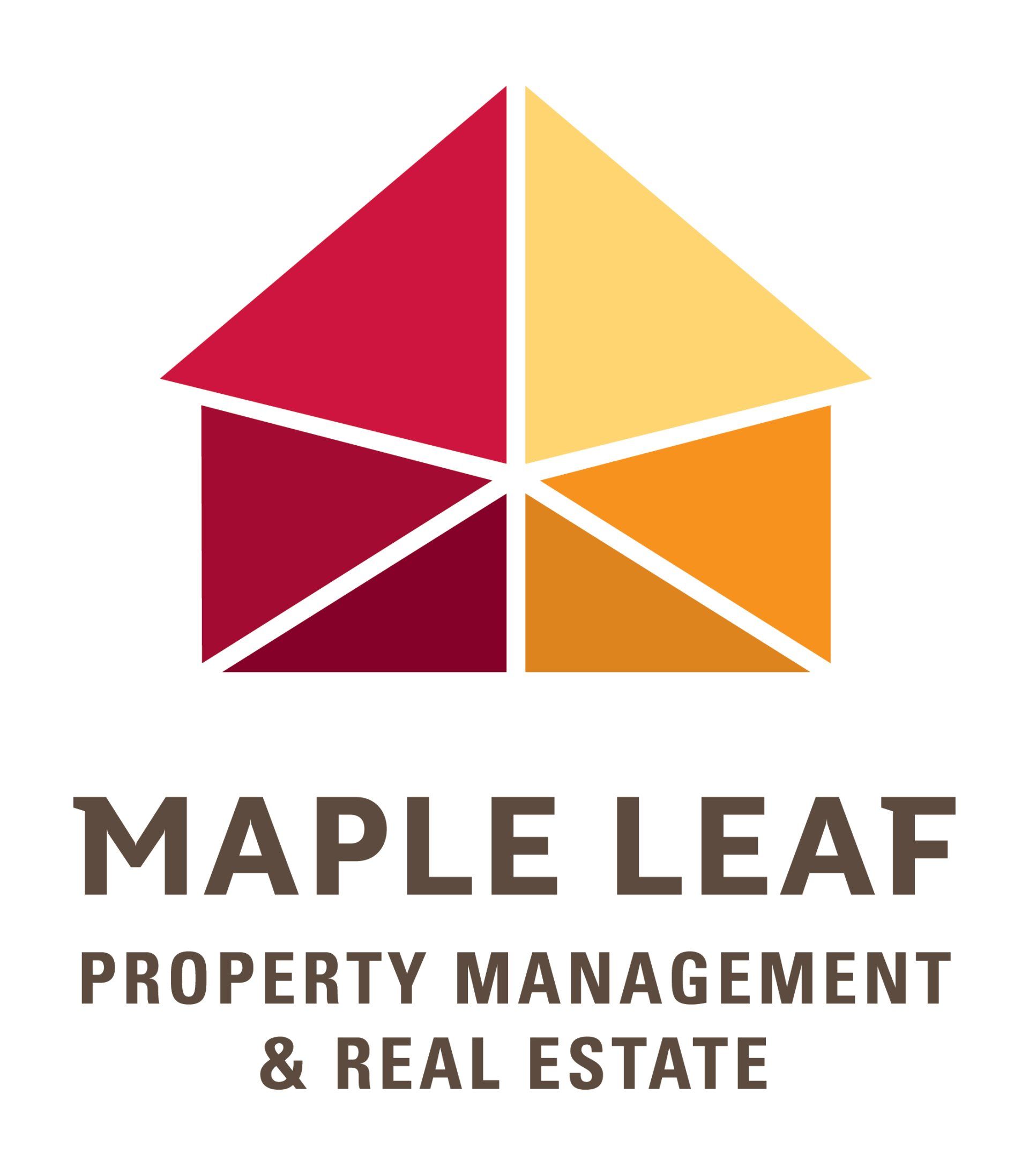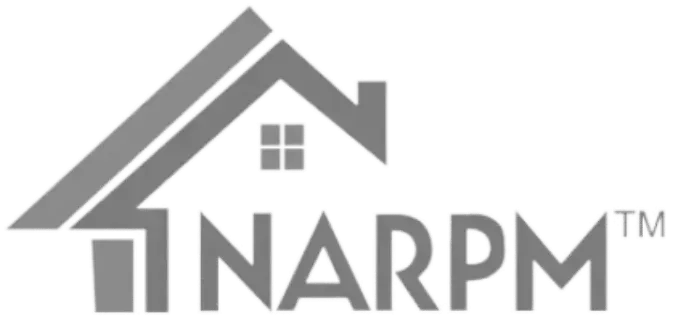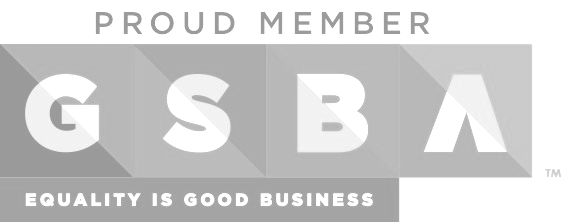Spring 2025 Newsletter
We tend to care
Interested in partnering with Maple Leaf Property Management?
House Bill 1217: Rent Control in Washington State
As of late April, House Bill 1217 is on its way to Governor Bob Ferguson’s desk for signature. The bill has passed both the Washington State House and Senate and introduces major changes to statewide rent regulations. Key highlights include:
Rent Increase Limits & Lease Terms
- Rent increases capped at 7% per year + CPI or 10%, whichever is lower.
- No rent increases in the first 12 months of a tenancy.
- 90-day notice required for all rent increases.
- Landlords may charge up to a 5% difference between lease types (e.g., month-to-month vs. fixed-term).
- Lease terms cannot be more burdensome based on lease type.
Exemptions & Notice Rules
- Exempt for:
- New construction (12 years)
- Owner-occupied homes (including duplexes, triplexes, fourplexes, DADUs, and ADUs)
- Rent increase notice must comply with RCW 59.12.040.
- If a lease ends in 60–90 days, landlords must give at least 60 days’ notice before a rent increase.
Tenant Rights & Legal Enforcement
- Tenants may terminate tenancy with 20 days’ notice if rent exceeds the cap.
- They must still pay the full month’s rent but can’t be charged added fees.
- Landlords must be given a chance to cure violations before legal action.
- Violations can be enforced by the WA Attorney General or tenant:
- Repayment of excess rent or fees
- Up to 3x damages for unlawful charges
- Civil penalties up to $7,500 per violation
Other Requirements
- Landlords may not report nonpayment for amounts over the rent cap.
- WA Commerce must create an Online Landlord Resource Center.
- Local laws (e.g., Seattle’s 90+ day notice) still apply if more restrictive.
This legislation mirrors Oregon’s rent cap model, which stabilized rents short-term but led to slower new construction and lower investment in maintenance.
At Maple Leaf Property Management, we’ve successfully adapted to every major rental regulation change over the past five years. While this new law presents challenges, we’re ready to guide our owners through Washington’s evolving rental landscape with confidence and care.
Meet Marina Hudgens
Our New Business Development Director
As you may recall, our business development department transitioned to a remote setup during COVID, with our former director, Felicia Kaminker, working from out of state. One of the many strengths Marina brings to the role is the return of in-person appointments. Zoom and phone calls certainly do the job—but there's nothing quite like connecting face-to-face.
Marina began her real estate career in 2003 in San Francisco. With over two decades of experience in property management, leasing, commercial, corporate suites, and sales, she brings a wealth of industry knowledge to Maple Leaf Property Management.
She holds a Managing Broker’s license and is also a real estate investor, giving her a detailed understanding of the ever-changing local market. Marina’s commitment to long-term relationships—paired with her integrity, innovation, and outstanding communication—makes her a trusted resource in the industry.
She’s looking forward to connecting with our valued owners, agents, and industry partners.
You can reach Marina at:
📧 marina@mapleleafmgt.com
📞 206-250-7367 (ext. 1)
Leasing & Selling Tips
Term Leases and Selling a Rental Property: How It Works
At Maple Leaf Property Management, we advise our clients to use term leases rather than month-to-month agreements. The benefits of term leases are numerous—chief among them is guaranteed rental income for the full lease term, not just however long a tenant chooses to stay.
Occasionally, during the course of a lease, an owner may decide to sell the property. When that happens, there are specific legal steps we must follow. Here's a brief overview:
- For single-family homes, the owner must provide 90 days’ notice for tenants to vacate at the end of their lease term if they intend to sell the home.
- This notice must be served in accordance with RCW 59.12.040.
- This rule does not apply to multi-family properties such as condos.
If an owner plans to sell a multi-family property, they must either:
- Sell the property with the tenant in place, or
- Negotiate a voluntary move-out, such as offering moving costs or other incentives.
This is because "selling" is only considered Just Cause to terminate a lease for single-family properties, not for multi-family units.
Townhomes: A Legal Gray Area
Determining whether a townhome qualifies as a single-family home depends on several factors.
According to Washington State Law (RCW 59.18.030), a property is considered a single-family home if it:
- Has direct street access (no shared driveway), and
- Has no shared utilities.
In Seattle, the Seattle Municipal Code (SMC 22.204.200S) adds one more requirement:
- The home must be detached with a permanent foundation.
Required Disclosure
All tenants in Seattle receive a copy of the Renting in Seattle handbook, which outlines Just Cause Termination rules—including those related to selling a property.
📘
Click here to read the handbook
(See pages 46–47 for more on sale-related notices.)
Spring Maintenance Tips
Spring Maintenance Tips Spring is a beautiful time in the Northwest—the green of the Evergreen State is at its best. This is also a great time to make sure your rental property is at its best. Here’s a short list of maintenance items to address this time of year: •
- Deep clean on the landscaping: If you own a multi-family property, you are responsible for the landscaping. This is a great time of year to mulch beds, prune trees and shrubs and make sure any irrigation system is ready for summer. Residents of single-family properties are usually responsible for landscaping up to six feet (mowing, weeding, edging), but this still leaves large pruning projects up to the owners.
- Check HVAC systems. This is a great time of year to perform the annual maintenance and inspection of your property’s HVAC system. Spring is a “shoulder season” between needing to heat and cool the home and HVAC vendors have more availability. It’s best to have this done before problems are discovered on a freezing winter night or blistering summer day.
- Pressure washing. The Northwest “green” includes moss buildup on decks, roofing, siding, and sidewalks. This can accelerate the wear and tear on siding and roofs and also making walking areas dangerously slippery (and a liability to owners). We work with many vendors who can provide a quick clean up.





